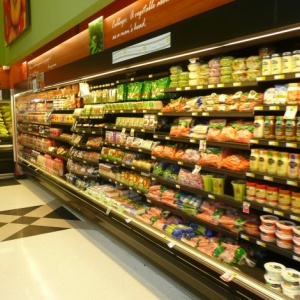
This paper focuses on the governance of food supplies and specifically discusses the increasing policy focus on engaging food industry in the international pursuit of sustainability. The researchers also look at policy actions aimed at achieving sustainable consumption and production of food.
They argue that the contemporary governance trajectories that come out of these sustainability objectives are providing a disjointed but widespread set of policy guidelines – but that there is some evidence of convergence. The authors argue that policy will need to build on more collaborative and inclusive forms of governance and focus on improving the balance of sustainable production and consumption of food.
Abstract
This paper identifies the governance dynamics and the international policy architecture that frame contemporary policy actions in relation to the food supply and elaborates on key governance tensions that policy makers need to address to feed the world’s growing population by the mid-21st century. Two main dimensions of governance are examined: the international policy space, composed of nation states collaborating through international regimes with other international actors; and the private corporate led governance of the food supply. At the international levels, policy discontinuities and gaps are identified, for example between international environmental regimes and food security institutions. The so-called Washington Consensus has given way to a post Washington divergence of policy approaches amongst states, reflecting the “varieties of capitalism” thesis, and a more multi-polar international policy space over food and agriculture. In the past decade, policy makers have engaged industry in the international pursuit of sustainability, with a focus on policy actions around achieving sustainable consumption and production of food. The resulting contemporary governance trajectories are providing a disjointed but widespread set of policy guidelines with some evidence of convergence. These governance forms are helping to shape the terms of debate but the reliance on industry mediated food sustainability will need to be augmented by stronger political leadership from the individual nation states. Policy advances will need to build on the more collaborative and inclusive forms of governance that are being put in place, and continue to improve the balance of sustainable production and consumption of food.
Citation
Barling, D., Duncan, J., 2015, The dynamics of the contemporary governance of the world’s food supply and the challenges of policy redirection, Food Security, 7, 2, 415-424
Read the full paper here.







Post a new comment »